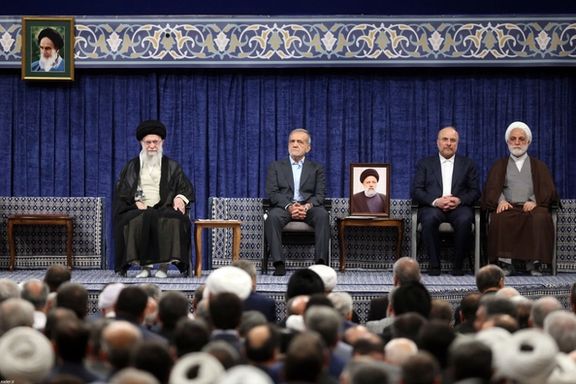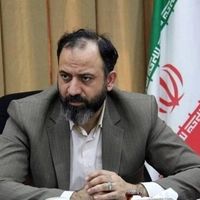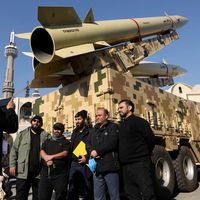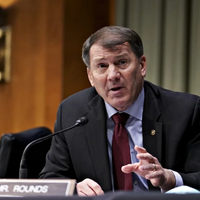Former Reformist Interior Minister Abdolvahed Mousavi-Lari, one of the growing voices advocating for dialogue, told the Iranian press that "President Masoud Pezeshkian should break the taboo surrounding negotiations with the United States."
Mousavi-Lari stated that "Supreme Leader Ali Khamenei will accept the idea of negotiations with the United States if Pezeshkian explains the country's [dire economic] situation to him." This comes despite Khamenei's reputation as a staunchly anti-US political figure. In a 2019 meeting with former Japanese Prime Minister Shinzo Abe, Khamenei expressed his belief that Trump was not worthy of engaging in talks.
Mousavi-Lari emphasized the interconnected fate of Pezeshkian and Iran’s Reformist movement, stating, "Those who voted for Pezeshkian voted for change. If he refuses to negotiate with the United States, many voters may come to regret their decision."
He argued, "Pezeshkian neither wants nor is capable of pursuing negotiations with the United States without Khamenei's support. Pezeshkian must stand by his promise to the people to address the country's economic problems." Mousavi-Lari reiterated that Pezeshkian should seek the leader's backing, adding, "Khamenei certainly wants the government to succeed and will support efforts to ensure its success."
However, the politician’s optimism about Khamenei’s intentions is not necessarily aligned with recent history. The Supreme Leader has consistently voiced staunch anti-US and anti-West sentiments, advocating for defiance and a strategy centered on regional dominance.
The prospect of further economic turmoil and unpredictable popular protests looms heavily over all levels of Iran's ruling establishment.
A senior expert on the United States told local media that Trump is eager to capitalize on potential unrest in Iran to pressure Tehran into entering negotiations with Washington. Meanwhile, a former Interior Minister has called on Pezeshkian to seek Khamenei's backing for talks with the United States.
In an interview with the Tehran-based Khabar Online website, Hadi Alami Fariman also cautioned that "any shift in Iran's nuclear doctrine will bring hardship for Iranians and provoke extensive military attacks on the country."
Fariman added that "Iran's nuclear dossier is likely to be the most significant issue Trump will address in dealing with Iran. His plans are expected to include maximum pressure tactics, intensifying sanctions, and pressuring China to halt oil purchases from Iran," he said.
He also suggested that "the Trump administration will aim to incite protests in Iran as a means to pressure the government into negotiations. Simultaneously, Trump is likely to leave a narrow window for diplomacy open to Tehran."
Meanwhile, Fariman proposed that "Iran should launch an extensive lobbying effort in the United States to establish connections with those close to the Trump administration and members of Congress." He also recommended the establishment of a direct hotline between Tehran and Washington to facilitate communication.
Fariman warned that "Trump's initial challenge for the Islamic Republic is likely to be the creation of major economic crises." He further emphasized that "Iran must adapt to the world's new order and pursue a fresh agenda."
Summing up Iran’s potential path forward, Fariman stated, "We should embrace a strategy of competition rooted in negotiations rather than threats. It is time to decide whether we want to align ourselves with this new global order or resist it."
He also suggested that Iran should consider cooperation with emerging states, including Syria, based on their de facto recognition. "We must acknowledge that Syria has shifted from a pro-Russian and pro-China orientation to one that supports the United States. At least for now, it harbors no hostility toward Israel and has established good relations with Arab states," he explained.









